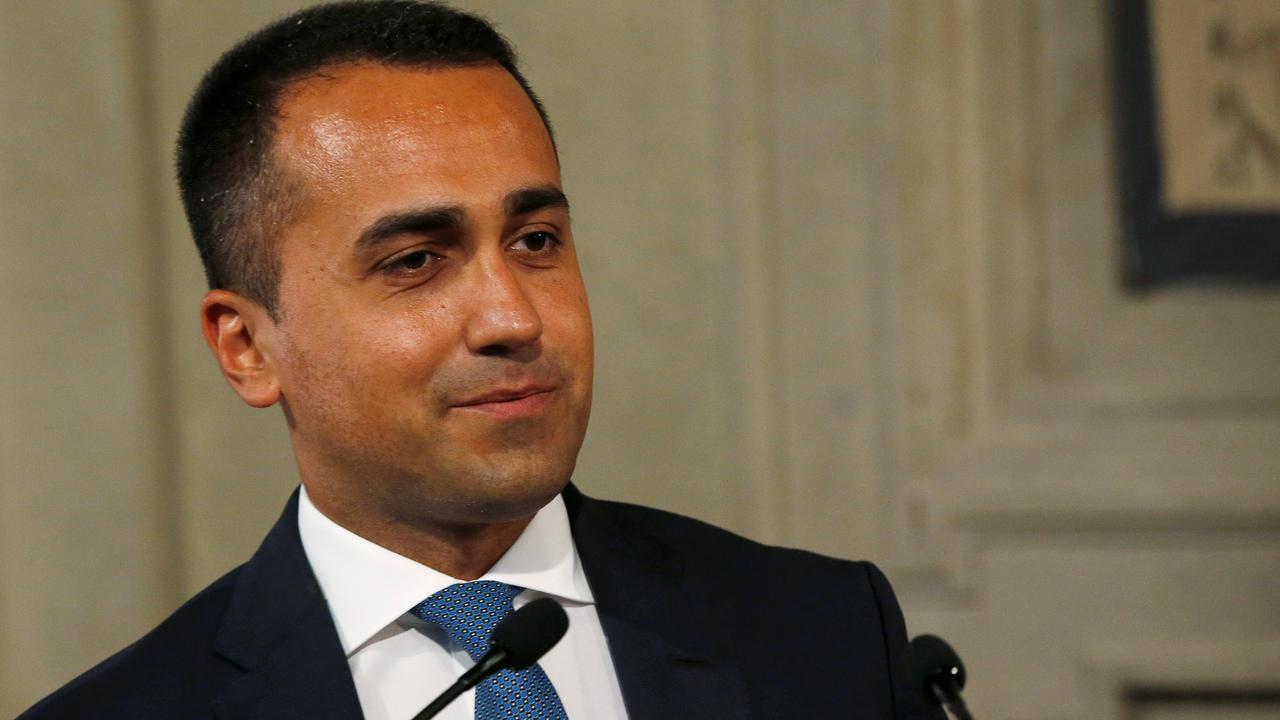Mini-BOTs – Italy’s controversial currency
Italy has been in economic crisis for the past ten years – now, it has a potential solution in the form of the mini-BOT, but it has been argued that this could lead to even greater trouble, both for the country and the European Union. What is the mini-BOT, and why it is proving so controversial?
In themselves, mini-BOTs aren’t massively unusual – it’s an acronym for buono ordinario del tesoro (or ordinary treasury voucher), which is a short-term Italian treasury bill. It has been suggested that they would be issued in small-value notes from €1-500. They were first proposed in the agenda put forward by the Italian governing coalition of the Five Star Movement and the League when it was being formed in May 2018, as a possible way to make overdue payments to companies which have supplied the state, as credits to taxpayers who are due tax refunds and which could be used to pay future taxes. They’d be issued and guaranteed by the state, with no interest or due date – essentially, a form of government debt that pays certain creditors as an alternative to the Euro, like an ‘I owe you’ note.
Rome wants more spending, which it says will boost growth and employment
Countries have enacted a similar economic policy in the past, with Argentina, Greece and California the three major examples. But, in this case, the Italian government has been clashing with the leaders of the EU, and this potential move is already leading to more butting of heads.
Italy’s rationale for this move is the size of its public debt (around $2.6 trillion), and its stagnating economy – in 2018, its debt-to-GDP ratio was 132%, and it is forecasted that this will rise to 133.8% this year (against a falling GDP of 0.2%). Its economy is growing at a rate of under 1%, lower than most other European countries, and it has a youth unemployment rate exceeding 30%.
Rome wants more spending, which it says will boost growth and employment, and has blamed EU-imposed austerity for the country’s weak economy after the 2008 financial crisis. The European Commission has openly threatened to fine Italy for not reducing its debt in line with EU rules (it’s more than twice what the rules allow), and it is feared that this could spook investors, further hitting the Italian economy.
The EU cannot prevent Italy from issuing mini-BOTs, but the president of the European Central Bank (ECB), Mario Draghi, claims they won’t hit the country: “Mini-BOTs are either money and then they are illegal, or they are debt and then the stock of debt goes up.” That means one of two things. Either the ECB would count the currency as more debt or, if the parallel currency began to operate in exchange for goods and services, it would break the ECB’s legal monopoly on printing money. This would be illegal under EU treaties, and would likely push Italy out of the Eurozone.
Italian economic issues are not going to vanish any time soon
The Italian economic issues are of serious concern to EU leaders. If Italy’s debt payments spiral out of control, it could lead to an Italian default, causing banks to fail and weakening Italian sovereign bonds, hitting banks across the continent. This would be disastrous for the eurozone – Italy is far too big to bail out in the same way Greece, Ireland, Portugal and Cyprus were in 2012. The largest bailout then was $300 billion (to Greece) – the ECB simply doesn’t have $2 trillion to fund Italy, and the political and economic consequences of such a collapse could potentially be fatal to the EU.
At the moment, discussion over the introduction of mini-BOTs is just that, and there has been no definitive announcement about whether Italy will use them or not. But the Italian economic issues are not going to vanish any time soon, and the attempts to deal with the finances are leading to inflamed tensions. Deputy Prime Minister Matteo Salvini has expressed confidence that his country will reach an agreement with the EU about the debt, but has publicly stated that “I don’t govern a country on its knees” in relation to the EU’s rules. Meanwhile, Prime Minister Giuseppe Conte has threatened to resign if his deputies don’t reach a compromise, likely triggering new elections and greater uncertainty.
Mini-BOTs aren’t a particularly interesting economic tool in themselves but, if the Italian government decide to use them, they could be the spark that leads to greater turmoil throughout the country and with the EU.

Comments